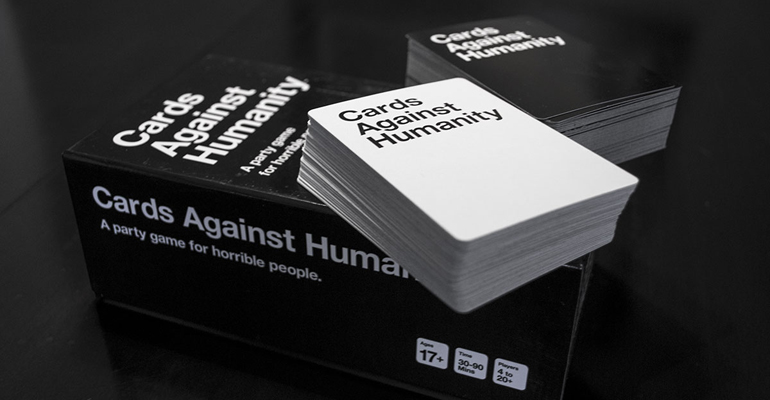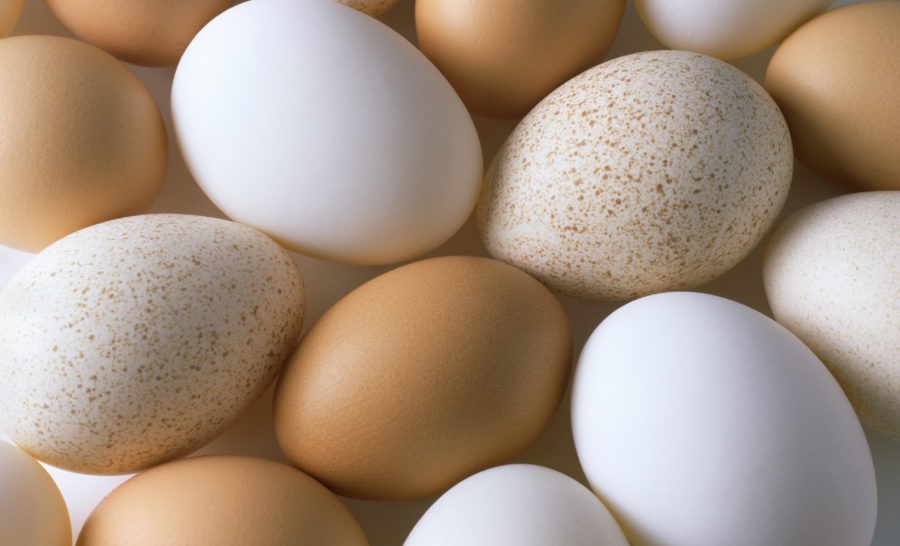According to most statistics there is a significant gender gap in STEM (science, technology, engineering and mathematics) fields.
The National Science Foundation reports this is especially true in the crucial technology areas of engineering (13 percent), and computer, technology and physical sciences (25 percent).
This gender gap has especially been perceived as an issue by politicians and women’s rights activists, who for some time have tried to figure out the best way to get more women involved in these areas, especially at the collegiate level.
The most common – and by some measures, most effective – approach has been to incentivize women to enter the STEM fields through scholarships designated specifically for women entering these fields.
One of the newest scholarships to be created expressly for the purpose of attracting women to the STEM fields comes from a very nontraditional place: the card game Cards Against Humanity. Known as “the card game for horrible people,” Cards Against Humanity is often compared to an adult version of popular card game Apples to Apples, but with significantly cruder cards.
The proceeds from the card game’s newly announced science expansion pack will be put toward the endowment of a new scholarship for women in STEM fields. The Cards Against Humanity Science Ambassador Scholarship will function as a full-ride scholarship for women pursuing undergraduate degrees in any of the STEM fields.
“Everyone at Cards Against Humanity was fortunate enough to receive a great college education that helped us find a job that we’re passionate about, and our goal with this scholarship is to make that opportunity available to others,” Cards Against Humanity community manager Jenn Bane said in a prepared statement announcing the scholarship.
While Cards Against Humanity might make for an unorthodox purveyor of scholarships, some find it admirable that a card game that first got its start on Kickstarter is now getting into the arena and helping to encourage the continued growth of female participation in the STEM fields.
However, effective scholarships are only part of the solution.
“While scholarships are definitely an incentive to choose a profession in one of the STEM fields, I feel that it is more important to educate girls about these opportunities while they are still choosing ‘what they want to be when they grow up,’” said Hannah Roberts, a senior chemistry major.
“Young girls need to be encouraged to explore the options in the STEM fields while still in elementary and middle school while their opinions are still being formed,” she said.






































